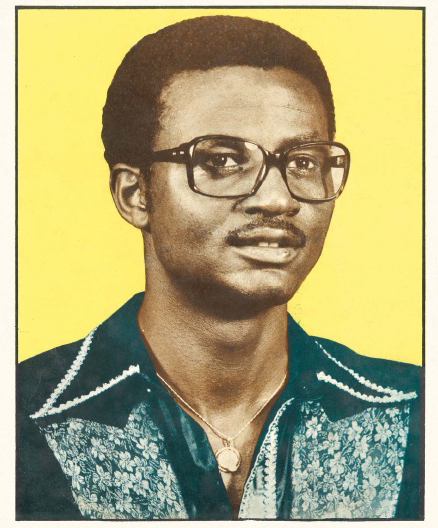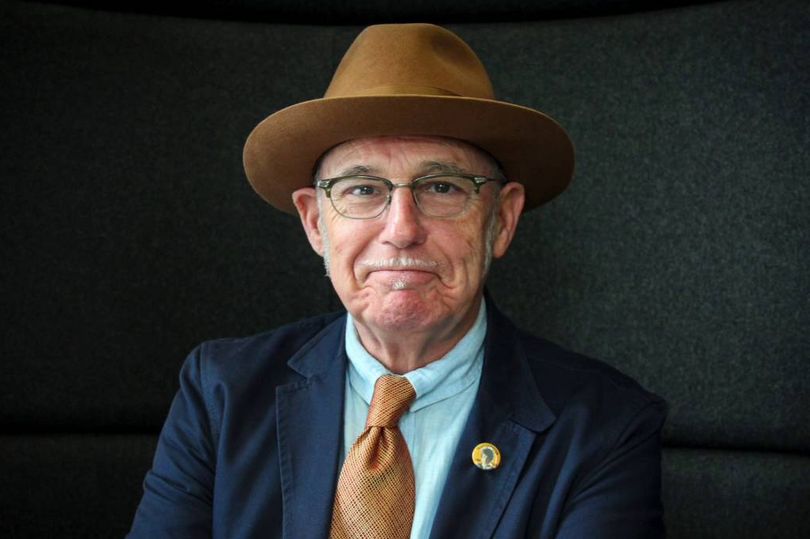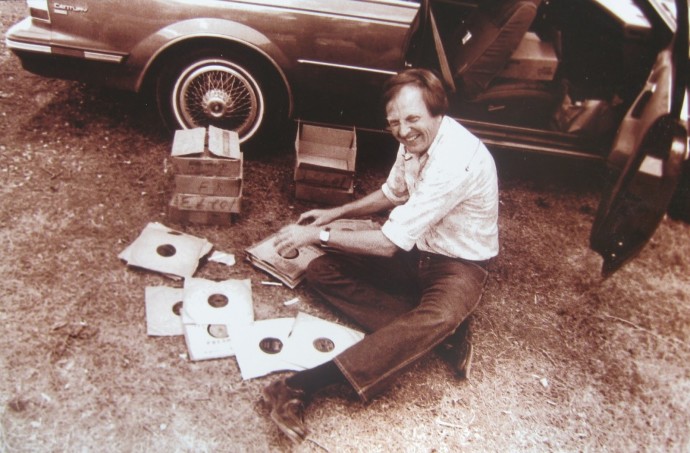In 1912 Trinidadian metalworker and violinist George Lovelace Baillie â aka Lovey â and his band headed to New York City to play engagements and record for the Victor Talking Machine Company and the Columbia Graphophone Company (sic) â the first recordings by a black band from the English-speaking West Indies.
Adverts described them as playing music ânever heard before in America.â
They recorded for Victor on June 20 1912, as Loveyâs Trinidad String Band, and for Columbia over the next two weeks as Loveyâs Band.
They waxed an unknown number of 78s featuring an array of string instruments, including twin fiddles, string bass and guitar family variants including the four-string cuatro and the braga.
Black string bands were common in Trinidad, specialising in waltzes, tangos, and paseos (calypso), performing dances during holidays and at Carnival time â many slaves had learned to play string instruments to entertain white audiences.
Prior to the outbreak of WWI Columbia engineers visited Trinidad and recorded them on over 50 sides in late July and early 1914.
This three-CD set contains all the known surviving recordings from 1912 sessions and reprises 40 of the 50 selections recorded in 1914.
They reflect the rhythms of the Caribbean as well as mainland South America. With the exception of Cuba, Argentina and Brazil, Loveyâs band was the earliest black band to record in the Americas specialising in hot dance music with 19th-century roots.
Lovey and his band were still performing throughout the 1920s. Lovey died in 1937 following an operation.
Produced by noted musicologists Dick Spottswood, Steve Shapiro, and John Cowley complete with remastered sound, historic graphics and detailed booklet by Cowley, this is the roots of West Indian music.
Encore Lovey! The Historic Trinidad String Band Recordings 1912 & 1914 is released by Richard Weize Archives (RWA).






